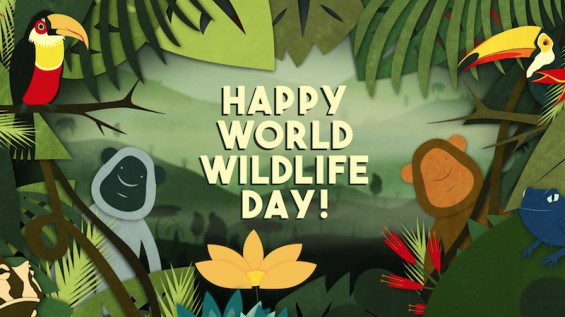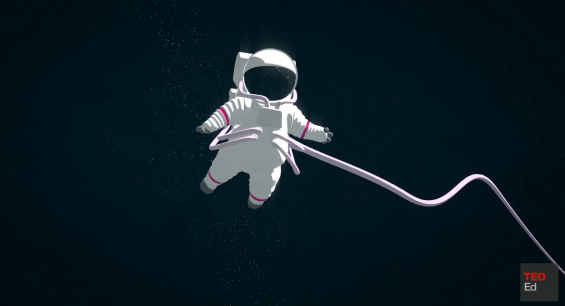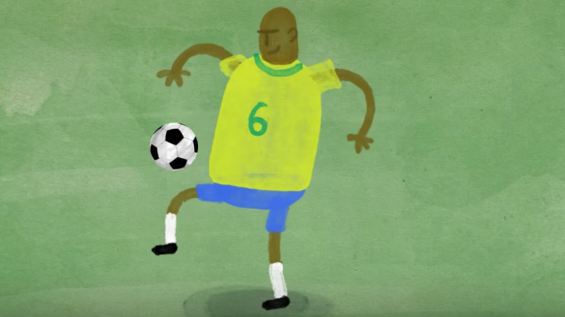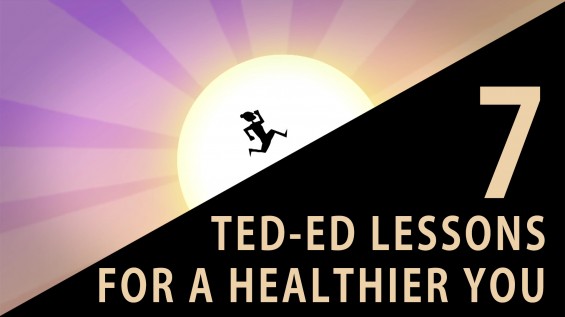
5 TED-Ed Lessons to watch on World Wildlife Day
Five years ago, the United Nations declared March 3rd as World Wildlife Day in hopes of creating support for both national and global action to protect and celebrate Earth’s rich animal and plant life. Brush up on your wildlife knowledge — and gape at some of the wonders of the natural world — with these five TED-Ed lessons.
1. Why is biodiversity so important?
Our planet’s diverse, thriving ecosystems may seem like permanent fixtures, but they’re actually vulnerable to collapse. Jungles can become deserts, and reefs can become lifeless rocks. What makes one ecosystem strong and another weak in the face of change? Kim Preshoff details why the answer, to a large extent, is biodiversity.
2. From the top of the food chain down: Rewilding our world
Our planet was once populated by megafauna, big top-of-the-food-chain predators that played their part in balancing our ecosystems. When those megafauna disappear, the result is a “trophic cascade,” where every part of the ecosystem reacts to the loss. How can we stay in balance? George Monbiot suggests rewilding: putting wolves, lions and other predators back on top — with surprising results.
3. Can wildlife adapt to climate change?
With rising temperatures and seas, massive droughts, and changing landscapes, successfully adapting to climate change is increasingly important. For humans, this can mean using technology to find solutions. But for some plants and animals, adapting to these changes involves the most ancient solution of all: evolution. Eastwood explains how animals are adapting to climate change.
4. Why are sloths so slow?
Sloths spend most of their time eating, resting, or sleeping; in fact, they descend from their treetops canopies just once a week, for a bathroom break. How are these creatures so low energy? Kenny Coogan describes the physical and behavioral adaptations that allow sloths to be so slow.
5. Why elephants never forget
It’s a common saying that elephants never forget. But the more we learn about elephants, the more it appears that their impressive memory is only one aspect of an incredible intelligence that makes them some of the most social, creative, and benevolent creatures on Earth. Alex Gendler takes us into the incredible, unforgettable mind of an elephant.
Art credit: TED-Ed




